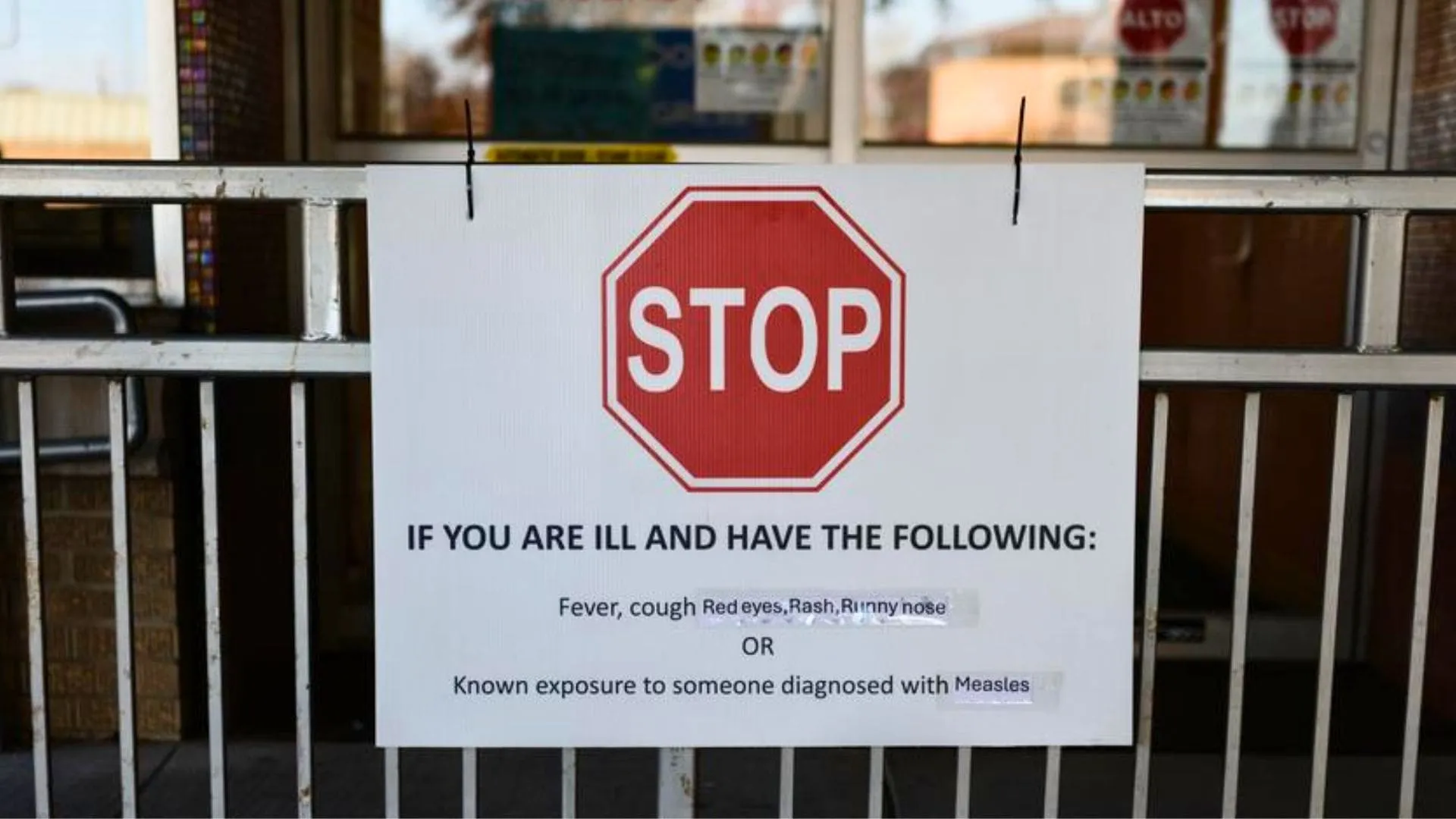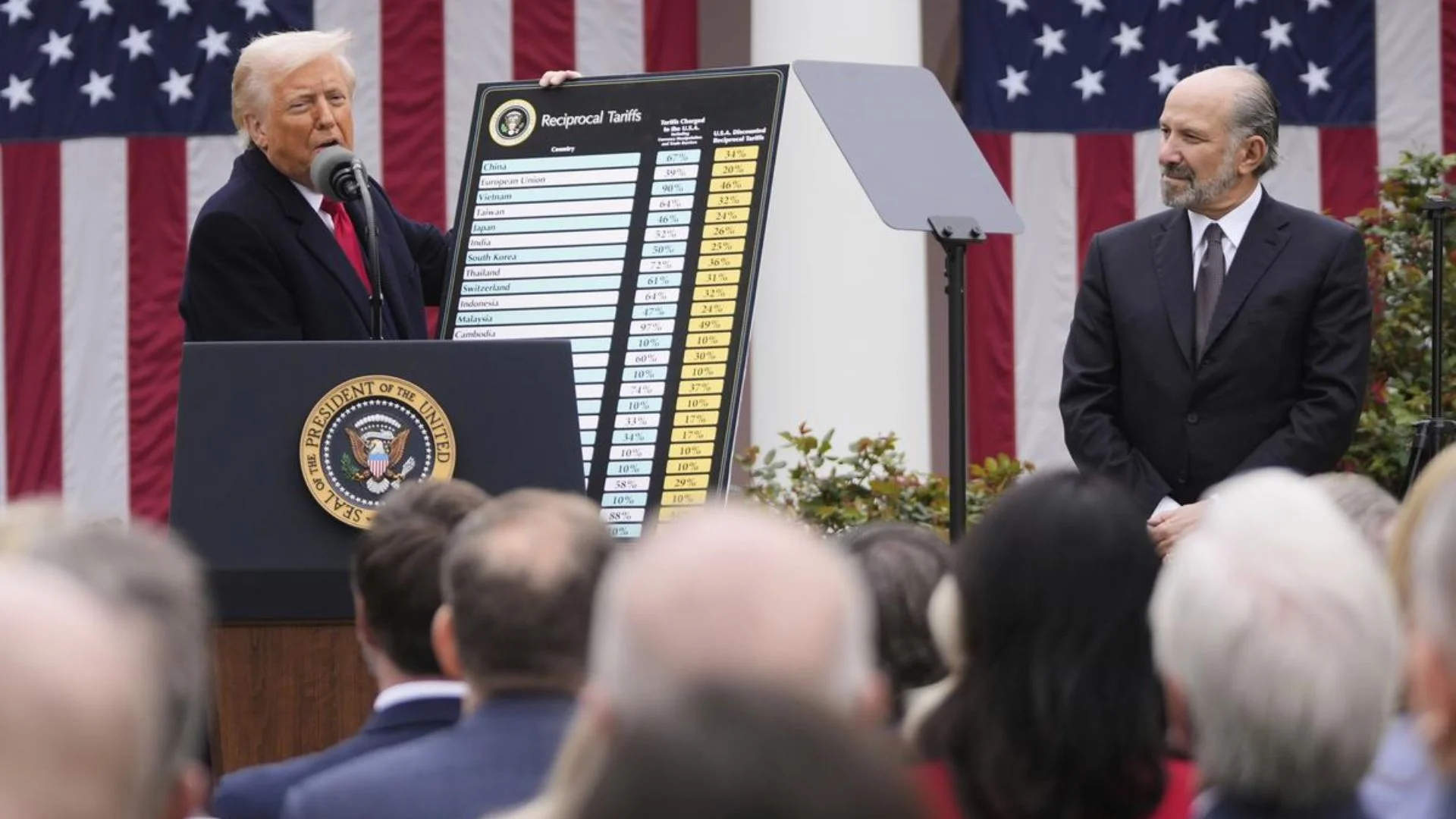The ongoing measles outbreak in Texas and New Mexico has sparked significant public health concerns. This resurgence of a once-controlled disease has been a wake-up call for health authorities and communities alike, as the United States struggles to combat a decline in vaccination rates and an increase in vaccine misinformation. While measles was declared eliminated in the U.S. in 2000, cases have been on the rise, with 2023 and early 2024 seeing alarming outbreaks across various states, particularly in Texas and New Mexico. These two states have seen some of the most concentrated outbreaks, sparking a renewed focus on vaccination, public health measures, and the importance of maintaining herd immunity.
Measles is a highly contagious viral disease that spreads through respiratory droplets when an infected person coughs or sneezes. It can lead to severe complications, especially in young children and individuals with weakened immune systems. Complications may include pneumonia, encephalitis (inflammation of the brain), and even death. The disease starts with symptoms like a high fever, cough, runny nose, and inflamed eyes, followed by a characteristic red, blotchy rash that usually starts on the face and spreads throughout the body. These symptoms can appear as early as 10 days after exposure, making it difficult to trace the initial source of infection.
The Impact of Low Vaccination Rates
One of the primary factors contributing to the current measles outbreak in Texas and New Mexico is the decline in vaccination rates. According to the Centers for Disease Control and Prevention (CDC), the MMR (measles, mumps, rubella) vaccine is the most effective tool in preventing measles outbreaks. However, there has been a growing trend of vaccine hesitancy, particularly in certain communities where misinformation about vaccines has taken root. These communities are more vulnerable to outbreaks because they lack the level of herd immunity needed to prevent the spread of measles.
Herd immunity occurs when a sufficient proportion of the population is immunized against a disease, reducing its spread even among unvaccinated individuals. When vaccination rates fall below a certain threshold, the entire community becomes more susceptible to outbreaks. The recent outbreaks in Texas and New Mexico have highlighted the importance of maintaining high vaccination coverage and addressing misinformation that fuels vaccine hesitancy.
In both Texas and New Mexico, several factors have contributed to the lower vaccination rates, including religious beliefs, political ideologies, and a lack of trust in government health agencies. Some parents choose not to vaccinate their children based on the belief that vaccines cause autism, despite numerous studies debunking this myth. This refusal to vaccinate has created pockets of unvaccinated individuals who are now at greater risk of contracting measles and spreading it to others.
The Measles Outbreak in Texas and New Mexico
The outbreaks in Texas and New Mexico began in late 2023, with a series of confirmed measles cases linked to unvaccinated individuals. In Texas, the outbreak was concentrated in certain communities where vaccine refusal was more prevalent. Health authorities in the state have been working tirelessly to contain the spread of the disease by implementing quarantine measures, contact tracing, and public education campaigns about the importance of vaccination.
New Mexico, similarly, has been grappling with a measles outbreak, primarily affecting children who were not vaccinated. The New Mexico Department of Health has issued public health alerts and warnings, urging parents to ensure their children are up-to-date on their vaccinations. Health officials have also been working with local communities to address concerns about vaccine safety and efficacy, providing resources and information to combat misinformation.
As of early 2024, both states have reported dozens of confirmed measles cases, and the numbers are expected to rise as health authorities continue to investigate and trace contacts. While most cases have been in unvaccinated individuals, some cases have involved individuals who were vaccinated but may have had weakened immune systems, highlighting the need for continued vigilance and prevention efforts.
The Role of the MMR Vaccine
The MMR vaccine is a critical tool in preventing the spread of measles. It is typically administered to children in two doses: one at 12 to 15 months of age and another at 4 to 6 years. The vaccine is highly effective, with two doses providing about 97% protection against measles. However, vaccine coverage rates in the U.S. have dropped in recent years, leading to gaps in immunity, which allows diseases like measles to spread more easily.
Public health experts have emphasized the need for widespread vaccination efforts to prevent further outbreaks. In addition to routine vaccination programs, health authorities have been working to increase vaccine access in communities affected by the outbreak. This includes offering vaccination clinics and making vaccines available in schools, community centers, and other public spaces.
The Risks of Measles and Its Complications
Measles is more than just a nuisance for those who contract it. The disease can lead to severe complications, particularly in young children, older adults, and individuals with weakened immune systems. Complications of measles include:
-
Pneumonia: Pneumonia is one of the most common complications of measles and can be life-threatening, particularly for young children and the elderly. Pneumonia occurs when the infection spreads to the lungs, causing difficulty breathing and potentially leading to hospitalization.
-
Encephalitis: Encephalitis is an inflammation of the brain that can result in seizures, brain damage, and even death. While rare, it is a serious complication of measles that can have long-term effects on a person’s health.
-
Deafness: Measles can cause inflammation in the ears, leading to permanent hearing loss. This is a serious complication, especially for young children who are still developing language and communication skills.
-
Death: In severe cases, measles can lead to death, especially in individuals with compromised immune systems or those who develop complications like pneumonia or encephalitis.
The fact that measles can have such serious health consequences underscores the importance of vaccination. Vaccinating children against measles helps protect not only those who receive the vaccine but also vulnerable individuals in the community who may not be able to receive the vaccine due to medical reasons.
Addressing the Misinformation Around Vaccines
One of the biggest challenges in combating the measles outbreak is the spread of misinformation about vaccines. Social media, websites, and even some influential figures have contributed to the spread of false claims about the safety and efficacy of vaccines. This misinformation has led to a growing number of parents refusing to vaccinate their children, putting them at risk of contracting diseases like measles.
To combat this, public health officials have been working to provide accurate, evidence-based information about vaccines. This includes engaging with communities, providing resources to parents, and using media campaigns to highlight the benefits of vaccination. It is essential for health authorities to continue addressing vaccine hesitancy and ensuring that parents understand the importance of vaccinating their children.
The Global Perspective on Measles
The outbreaks in Texas and New Mexico are not isolated incidents. Measles cases are on the rise globally, with countries around the world reporting increased incidence rates. In some regions, particularly in parts of Europe and Africa, vaccine coverage rates have dropped, leading to outbreaks of preventable diseases like measles.
The global resurgence of measles highlights the need for continued vigilance and investment in vaccination programs. The World Health Organization (WHO) has emphasized the importance of achieving high vaccine coverage rates to prevent the spread of measles and other vaccine-preventable diseases. It is essential that countries around the world work together to ensure that children have access to vaccines and that misinformation about vaccines is countered effectively.
The measles outbreaks in Texas and New Mexico serve as a stark reminder of the dangers of declining vaccination rates and the importance of maintaining herd immunity. To prevent further outbreaks, it is crucial that public health officials and communities work together to promote vaccination, combat misinformation, and address the factors contributing to vaccine hesitancy.
Individuals are encouraged to ensure that their vaccinations are up-to-date, especially in areas where outbreaks are occurring. Parents should consult with healthcare providers to discuss the importance of the MMR vaccine and ensure their children receive the recommended doses. Additionally, schools and community organizations can play a vital role in promoting vaccination and providing information to families.
In conclusion, the ongoing measles outbreaks in Texas and New Mexico highlight the risks of declining vaccination rates and the importance of maintaining herd immunity to prevent the spread of this highly contagious disease. By addressing misinformation, promoting vaccination, and working together as a community, we can protect public health and prevent further outbreaks of measles and other vaccine-preventable diseases.























